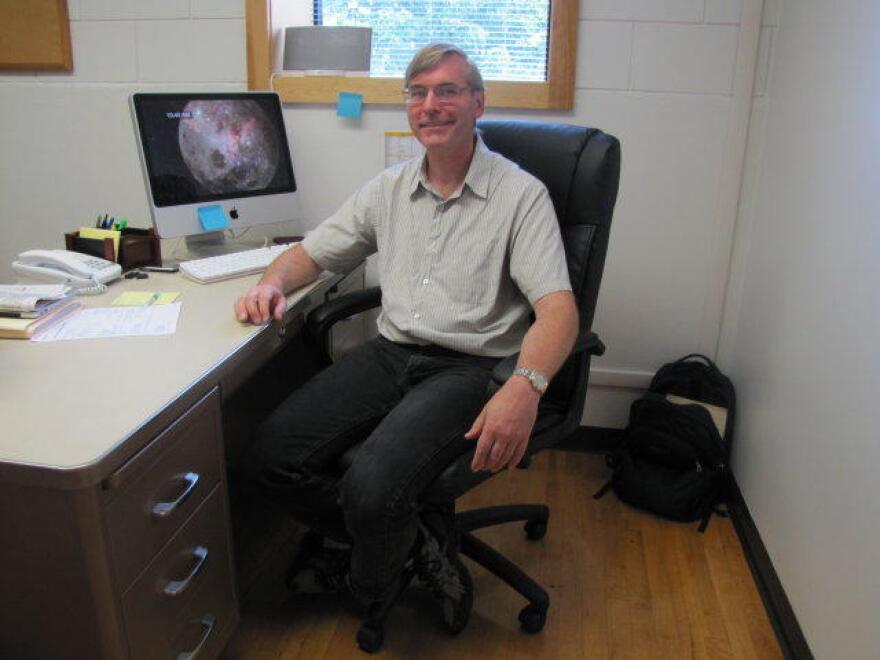In the coming months, Lake Effect will be exploring the impact of climate change through a series of conversations with Paul Roebber, a distinguished professor of atmospheric science at UW-Milwaukee. The series will include listener questions about how climate change is directly impacting our region and our lives.
Roebber explains that climate is a complex, dynamical system that changes over periods of time — some long and some short.
“We know the climate overnight is different than the climate during the day and there are decadal cycles, which some don’t have anything to do with what people are talking about with respect to climate change. In other words, it’s not human-forced in any way — it’s part of the natural cycle,” he says.
Even global warming is complicated.
“The average temperatures across the globe are clearly warming. It doesn’t mean that it’s warming everywhere at the same pace, or even warming everywhere," notes Roebber. "Some places are actually cooling as the whole planet is warming."
READ: Wisconsin Researcher's Work Could Help Crops Survive Climate Change
While scientists have understood the big picture of climate change for hundreds of years, Roebber says it's the details that they've been working on more recently.
Most people aren’t interested in specifically how many degrees the average temperature over the globe might be changing. Instead, people want to know how it affects them where they live, which is much harder to answer.

Roebber's early research focused on the study of storm systems and severe weather. But when Roebber began collaborating with UW-Milwaukee’s School of Freshwater Sciences, he became interested in how the water levels of the Great Lakes are tied to climate change.
“A few years ago, we said as temperatures are warming, then evaporation will increase and reduce the Great Lakes water levels. But now we understand it’s a little more complicated than that,” Roebber says.
While precipitation is the primary driver of lake levels, it's what's happening regionally, not globally, with both temperature and precipitation that determines if lake levels go up or down.
"We had record lows in 2013. Now, we are approaching record highs," Roebber notes. "These cycles have always been part of the natural cycle of the Great Lakes, but we're seeing an amplification, likely related to climate change ... we'll have much more extremes. If you think about it, that's a much harder problem to deal with."
"I think people in [the] U.S. understand [climate change] is a thing we have to deal with, but they have a lot of questions. If I can help with answers I should be doing that."
Roebber hopes talking with people about climate change will help others draw their own conclusions. Despite the science that's out there, he says misinformation that continues to circulate about climate change is very concerning — which is why Roebber feels called to speak out about it.
“Even though the focus of my research is not climate change, it’s affected by it, I hear a lot about it, read about it, and I understand the difference of what scientists understand and what public perception seems to be,” he says. “I think people in [the] U.S. understand it is a thing we have to deal with, but they have a lot of questions. If I can help with answers I should be doing that.”
Have a question about climate change and how it impacts your life? Submit your questions below.
_






